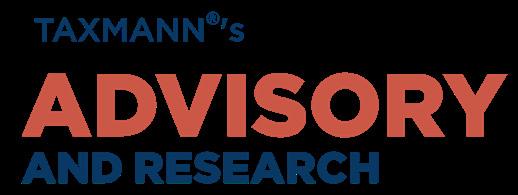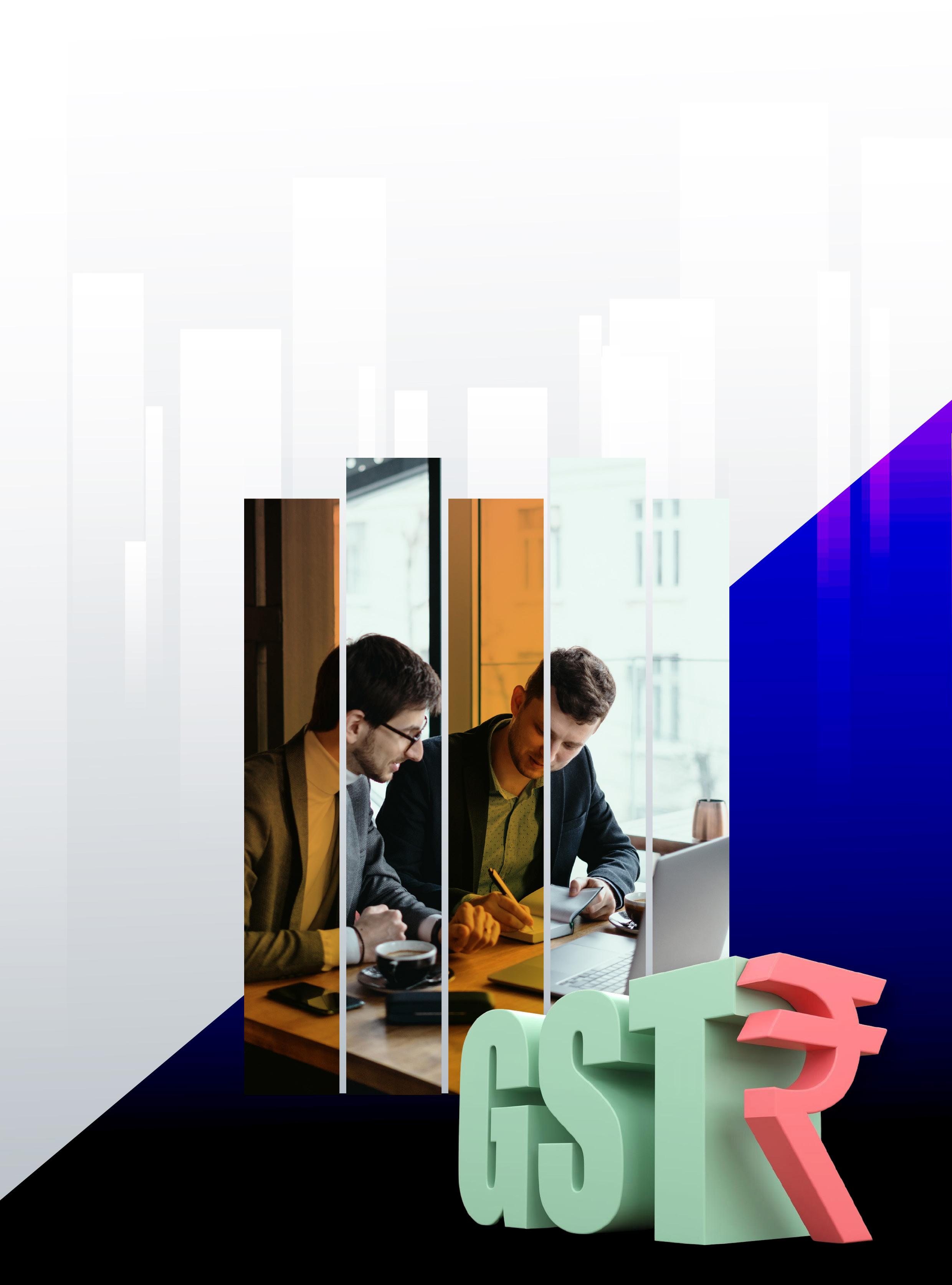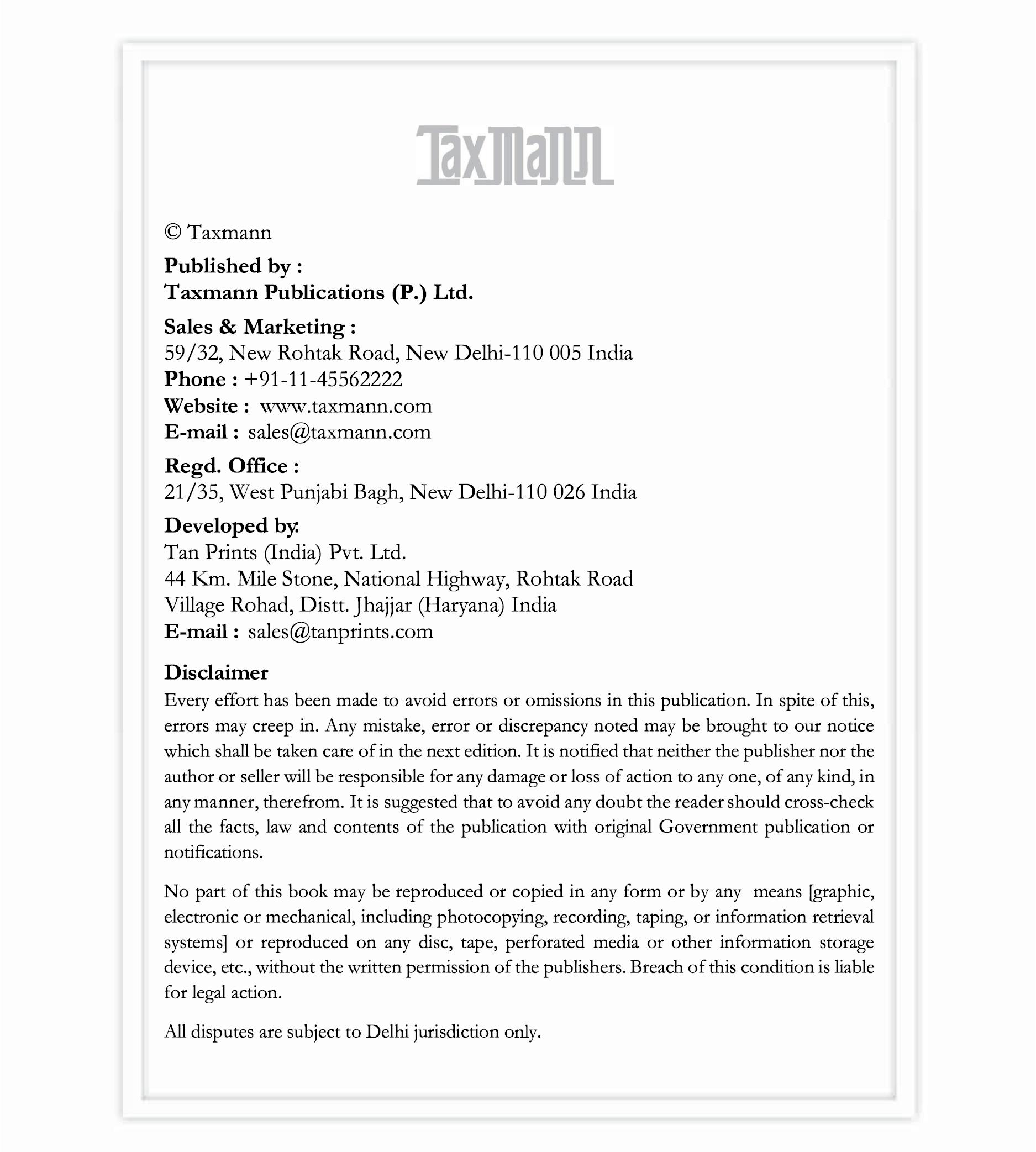GST Rate Rationalisation
Impact on Businesses & the Debate Around Inverted Duty Structure Refunds









The Government of India has recently announced its intent to rationalise Goods and Services Tax (GST) rates across sectors to reduce complexities, broaden the tax base, and address revenue leakages. While such rationalisation is expected to bring uniformity and curb classification disputes, it also raises a practical challenge for businesses—what happens to input tax credits (ITC) accumulated on account of higher taxes already paid on inputs when output supplies suddenly face lower tax rates?
This dilemma particularly surfaces in the context of the inverted duty structure (IDS), where the rate of tax on inputs exceeds that on outputs.
The issue is far from academic; for companies holding significant stock in trade, especially in fast-moving sectors such as textiles, consumer durables, and pharmaceuticals, the impact could be immediate. Businesses risk being saddled with stranded credits, thereby affecting cash flows, pricing strategies, and overall competitiveness.
When the government reduces GST rates on finished goods, businesses often find themselves with inventory procured at a higher tax rate. While these credits are genuine, their utilisation becomes difficult if the output tax liability shrinks disproportionately. This scenario results in the accumulation of ITC, which not only creates a working capital blockage but also disrupts pricing parity across the supply chain.
For distributors and retailers, the sudden drop in output tax rate can lead to valuation disputes on unsold stock, increased compliance burden to reconcile invoices, and potential denial of refunds. Manufacturers, on the other hand, face the risk of unutilised credits piling up in their books, with no clarity on refund entitlement unless the law specifically permits it.
Thus, what appears as a consumer-friendly policy of reducing GST rates can translate into an operational and financial burden for businesses caught in this transitional phase?
The GST law creates a narrow gateway for claiming refunds of unutilised Input Tax Credit (ITC). Section 54(3) of the Central Goods and Services Tax (CGST) Act, 2017 specifies that refunds are permitted in two situations:
1. Zero-rated supplies, which include exports and supplies to Special Economic Zones (SEZs), and
2. Inverted duty structure (IDS), where the rate of GST on inputs is higher than the rate on output supplies.
The first proviso to Section 54(3) (ii) makes it clear that refunds will be allowed in cases of IDS, but with two key exclusions: refunds are not permitted if the output supply is nil-rated or fully exempt and in case of a select category of goods or services as notified by the government.
To operationalise this framework, Rule 89(5) of the CGST Rules prescribes a formula for computing the maximum refund. This formula was amended via Notification No. 14/2022 dated 5 July 2022 after concerns were raised that the earlier methodology created distortions. The amended formula proportionately accounts for ITC on both inputs and input services used for payment of output tax, making the calculation more realistic.
Importantly, the Hon’ble Supreme Court in Ascent Meditech Ltd. [2025] 173 taxmann. com 154 (SC) and Gujarat High Court in Filatex India Ltd. [2025] 174 taxmann.com 79 clarified that this amendment is curative in nature and hence applies retrospectively, benefitting taxpayers even for past refund claims filed within the limitation period.
A crucial restriction is that IDS refunds are limited only to ITC on input goods. ITC on input services and capital goods is excluded.
The Supreme Court in Union of India v. VKC Footsteps India (P.) Ltd. [2021] 130 taxmann.com 193 settled this controversy by holding that a refund is a statutory right, not an inherent entitlement, and Parliament has consciously chosen to restrict IDS refunds to input goods. The Court emphasised that including services within the definition of inputs would “do violence” to the legislative text of Section 54(3).
The CBIC has issued multiple circulars shaping the understanding of IDS refunds: Circular No. 135/05/2020-GST (31 March 2020): This took a restrictive approach, stating that refunds would not be admissible where IDS arose purely because of a reduction in the GST rate on the same product. For example, if a good was initially taxed at 18% but later reduced to 12%, CBIC argued that accumulated ITC in such cases did not qualify under Section 54(3).
This restrictive view was challenged in several courts. The Gauhati High Court in BMG Informatics v. UOI (2021) 130 taxmann.com 182, the Rajasthan High Court in Baker Hughes Asia Pacific Ltd. v. UOI (2022) 140 taxmann.com 326, and the Calcutta High Court in Shivaco Associates v. Joint Commissioner of State Tax (2022) 137 taxmann.com 213 all disagreed with CBIC’s stance. They held that the Act itself does not restrict refunds only to situations where input and output are different goods. As long as the tax rate on inputs was higher than on outputs, refund entitlement arose.
Circular No. 173/05/2022-GST (6 July 2022): In response, CBIC revised its guidance. The circular clarified two key points:
• If the same goods attract different rates of GST at different points in time due to a rate cut, refunds are not admissible.
• However, where the inversion results from concessional notifications that impose a lower output tax rate compared to input tax at the same point in time, refunds are admissible.
This nuance was later upheld by the Telangana High Court in Micro Systems & Services Sole Proprietorship v. UOI (2022) 143 taxmann.com 228, which noted that Circular No. 173/05/2022 was clarificatory in nature and would apply retrospectively.
Together, these rulings highlight two principles: (i) refund entitlement under IDS is circumscribed by the statute, and (ii) courts remain vigilant against arbitrary restrictions or retrospective application of adverse rules.
However, the shifting position of CBIC from outright denial in 2020 to a nuanced acceptance in 2022 has created uncertainty during transitional periods, especially for businesses holding significant inventory when rate reductions are announced.
The Government’s push towards GST rate rationalisation is a welcome step for ease of doing business. However, businesses face genuine hardships when sudden rate cuts result in stranded credits under the inverted duty structure. While the CBIC has clarified its position, judicial precedents suggest that taxpayers may still find relief.
As the rate rationalisation is round the corner, policymakers must ensure that rate rationalisation is accompanied by transitional relief mechanisms through refund schemes so that the very reform meant to simplify taxation does not become a source of litigation and financial strain for industry.
In the larger scheme, the issue of IDS refunds reiterates a core principle of GST: the system must remain true to its promise of avoiding cascading of taxes. Any deviation not only burdens businesses but also risks eroding the credibility of the GST framework itself.


Founded 1972


Evolution From a small family business to a leading technology-oriented Publishing/Product company


Expansion

Launch of Taxmann Advisory for personalized consulting solutions

Aim
Achieve perfection, skill, and accuracy in all endeavour

Growth
Evolution into a company with strong independent divisions: Research & Editorial, Production, Sales & Marketing, and Technology

Future
Continuously providing practical solutions through Taxmann Advisory
Editorial and Research Division
Over 200 motivated legal professionals (Lawyers, Chartered Accountants, Company Secretaries)
Monitoring and processing developments in judicial, administrative, and legislative fields with unparalleled skill and accuracy
Helping businesses navigate complex tax and regulatory requirements with ease

Over 60 years of domain knowledge and trust
Technology-driven solutions for modern challenges
Ensuring perfection, skill, and accuracy in every solution provided
Income Tax
Corporate Tax Advisory
Trusts & NGO Consultancy
TDS Advisory
Global Mobility Services
Personal Taxation
Training
Due Diligence
Due Dilligence
Advisory Services
Assistance in compounding of offences
Transactions Services
Investment outside India
Goods
Transaction Advisory
Business Restructuring
Classification
Due Diligence
Training
Advisory
Trade Facilitation Measures
Corporate
Corporate Structuring
VAT Advisory
Residential Status

Naveen Wadhwa
Research and Advisory [Corporate and Personal Tax]
Chartered Accountant (All India 24th Rank)
14+ years of experience in Income tax and International Tax
Expertise across real estate, technology, publication, education, hospitality, and manufacturing sectors
Contributor to renowned media outlets on tax issues

Vinod K. Singhania Expert on Panel | Research and Advisory (Direct Tax)
Over 35 years of experience in tax laws
PhD in Corporate Economics and Legislation
Author and resource person in 800+ seminars

V.S. Datey Expert on Panel | Research and Advisory [Indirect Tax]
Holds 30+ years of experience
Engaged in consulting and training professionals on Indirect Taxation
A regular speaker at various industry forums, associations and industry workshops
Author of various books on Indirect Taxation used by professionals and Department officials

Manoj Fogla Expert on Panel | Research and Advisory [Charitable Trusts and NGOs]
Over three decades of practising experience on tax, legal and regulatory aspects of NPOs and Charitable Institutions
Law practitioner, a fellow member of the Institute of Chartered Accountants of India and also holds a Master's degree in Philosophy
PhD from Utkal University, Doctoral Research on Social Accountability Standards for NPOs
Author of several best-selling books for professionals, including the recent one titled 'Trust and NGO's Ready Reckoner' by Taxmann
Drafted publications for The Institute of Chartered Accountants of India, New Delhi, such as FAQs on GST for NPOs & FAQs on FCRA for NPOs.
Has been a faculty and resource person at various national and international forums

the UAE
Chartered Accountant (All India 36th Rank)
Has previously worked with the KPMG

S.S. Gupta Expert on Panel | Research and Advisory [Indirect Tax]
Chartered Accountant and Cost & Works Accountant
34+ Years of Experience in Indirect Taxation
Bestowed with numerous prestigious scholarships and prizes
Author of the book GST – How to Meet Your Obligations', which is widely referred to by Trade and Industry

Sudha G. Bhushan Expert on Panel | Research and Advisory [FEMA]
20+ Years of experience
Advisor to many Banks and MNCs
Experience in FDI and FEMA Advisory
Authored more than seven best-selling books
Provides training on FEMA to professionals
Experience in many sectors, including banking, fertilisers, and chemical
Has previously worked with Deloitte
Taxmann Delhi
59/32, New Rohtak Road
New Delhi – 110005 | India
Phone | 011 45562222
Email | sales@taxmann.com
Taxmann Mumbai
35, Bodke Building, Ground Floor, M.G. Road, Mulund (West), Opp. Mulund Railway Station Mumbai – 400080 | Maharashtra | India
Phone | +91 93222 47686
Email | sales.mumbai@taxmann.com
Taxmann Pune
Office No. 14, First Floor, Prestige Point, 283 Shukrwar Peth, Bajirao Road, Opp. Chinchechi Talim, Pune – 411002 | Maharashtra | India
Phone | +91 98224 11811
Email | sales.pune@taxmann.com
Taxmann Ahmedabad
7, Abhinav Arcade, Ground Floor, Pritam Nagar Paldi
Ahmedabad – 380007 | Gujarat | India
Phone: +91 99099 84900
Email: sales.ahmedabad@taxmann.com
Taxmann Hyderabad
4-1-369 Indralok Commercial Complex Shop No. 15/1 – Ground Floor, Reddy Hostel Lane Abids Hyderabad – 500001 | Telangana | India
Phone | +91 93910 41461
Email | sales.hyderabad@taxmann.com
Taxmann Chennai No. 26, 2, Rajan St, Rama Kamath Puram, T. Nagar
Chennai – 600017 | Tamil Nadu | India
Phone | +91 89390 09948
Email | sales.chennai@taxmann.com
Taxmann Bengaluru
12/1, Nirmal Nivas, Ground Floor, 4th Cross, Gandhi Nagar
Bengaluru – 560009 | Karnataka | India
Phone | +91 99869 50066
Email | sales.bengaluru@taxmann.com
Taxmann Kolkata Nigam Centre, 155-Lenin Sarani, Wellington, 2nd Floor, Room No. 213
Kolkata – 700013 | West Bengal | India
Phone | +91 98300 71313
Email | sales.kolkata@taxmann.com
Taxmann Lucknow
House No. LIG – 4/40, Sector – H, Jankipuram Lucknow – 226021 | Uttar Pradesh | India
Phone | +91 97924 23987
Email | sales.lucknow@taxmann.com
Taxmann Bhubaneswar
Plot No. 591, Nayapalli, Near Damayanti Apartments
Bhubaneswar – 751012 | Odisha | India
Phone | +91 99370 71353
Email | sales.bhubaneswar@taxmann.com
Taxmann Guwahati
House No. 2, Samnaay Path, Sawauchi Dakshin Gaon Road
Guwahati – 781040 | Assam | India
Phone | +91 70866 24504
Email | sales.guwahati@taxmann.com